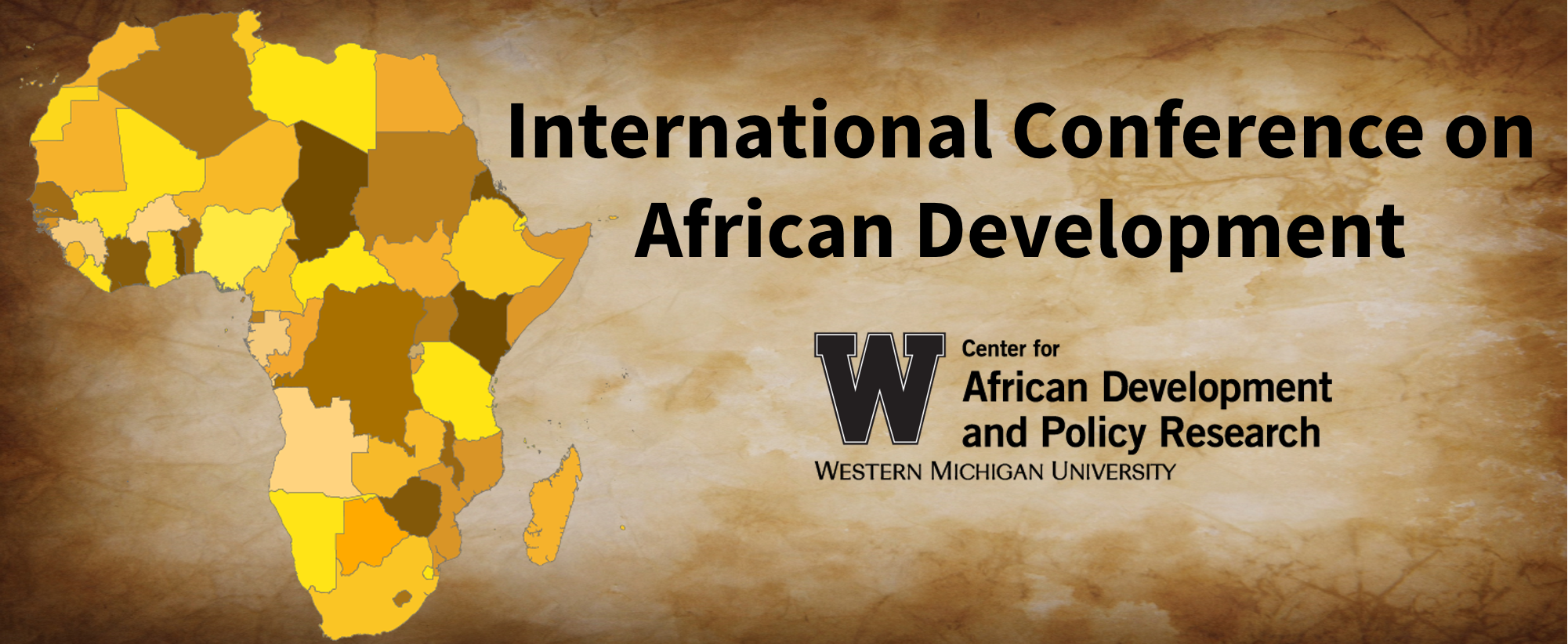4.4 Demystifying the Nile Water Discourses and Imperatives for Democratic Pan-Nilism
Abstract
Historical linguistic and archeological evidence have indicated that the Nile Basin has made rich contributions to world civilization. In addition to this, because of the advanced state of socio-economic development, the basin has also been dominated by countless myths embedded in the cultural core and the discourses of society. Thus, this research has attempted to explore the epistemological foundations of the Nile water myths and their impact on the contemporary policy formulation and riparian dialogue for fair and equitable utilization of the river. Hence, the data collected from discourses such as ancient tales, archives, travel accounts, inscriptions, and decrees were analyzed using an analytical and qualitative pluri-disciplinary approach through a critical discourse analysis method. Accordingly, the basin has been dominated with ethnocentric, creation, geographic, cartographic, migration and diversion myths which have had direct impact on the Nile water utilization claims and counter claims. The impacts are manifested in the naming, the morphology, origin, discovery and the quest of the ownership of the Nile water. The commutative effects of these myth-driven assumptions are found as basic determinants of riparian dialogue. Thus, the demystification of the epistemological basis of the Nile water discourses by promoting water science is a demanding task for democratizing the utilization of the Nile water. In addition, the competing needs and prejudicial consequences of unilateral appropriation of Nile water resources have created intricate problems.
In response to these challenges, the search for a harmonious criterion for defining the water rights of riparian states has resulted in the formulation of diverse, but non-binding, legal doctrines due to the nostalgic love attached to state sovereignty. Hence, the researcher contends that the cause of the incompatibility of sovereign right with the legal doctrines, especially in the Eastern Nile Basin, is due to the antithetical relations between the nature of the states and the natural interconnections created by rivers. Therefore, for addressing the transplant effect of the state system and realizing the dreams of the pioneering fathers of African independence, the researcher proposes the establishment of a new continental water regime modality which could lead towards pan-Africanization of the continent’s rivers and states. Therefore, the recent optimistic head starts of the African water vision for 2025 and Nile Basin Initiative should foster the move towards a continental regime by bridging divides in regional cooperation by taking Pan-Nilism initiatives for addressing challenges related to the water-energy-food nexus.
4.4 Demystifying the Nile Water Discourses and Imperatives for Democratic Pan-Nilism
1920 Sangren Hall
Historical linguistic and archeological evidence have indicated that the Nile Basin has made rich contributions to world civilization. In addition to this, because of the advanced state of socio-economic development, the basin has also been dominated by countless myths embedded in the cultural core and the discourses of society. Thus, this research has attempted to explore the epistemological foundations of the Nile water myths and their impact on the contemporary policy formulation and riparian dialogue for fair and equitable utilization of the river. Hence, the data collected from discourses such as ancient tales, archives, travel accounts, inscriptions, and decrees were analyzed using an analytical and qualitative pluri-disciplinary approach through a critical discourse analysis method. Accordingly, the basin has been dominated with ethnocentric, creation, geographic, cartographic, migration and diversion myths which have had direct impact on the Nile water utilization claims and counter claims. The impacts are manifested in the naming, the morphology, origin, discovery and the quest of the ownership of the Nile water. The commutative effects of these myth-driven assumptions are found as basic determinants of riparian dialogue. Thus, the demystification of the epistemological basis of the Nile water discourses by promoting water science is a demanding task for democratizing the utilization of the Nile water. In addition, the competing needs and prejudicial consequences of unilateral appropriation of Nile water resources have created intricate problems.
In response to these challenges, the search for a harmonious criterion for defining the water rights of riparian states has resulted in the formulation of diverse, but non-binding, legal doctrines due to the nostalgic love attached to state sovereignty. Hence, the researcher contends that the cause of the incompatibility of sovereign right with the legal doctrines, especially in the Eastern Nile Basin, is due to the antithetical relations between the nature of the states and the natural interconnections created by rivers. Therefore, for addressing the transplant effect of the state system and realizing the dreams of the pioneering fathers of African independence, the researcher proposes the establishment of a new continental water regime modality which could lead towards pan-Africanization of the continent’s rivers and states. Therefore, the recent optimistic head starts of the African water vision for 2025 and Nile Basin Initiative should foster the move towards a continental regime by bridging divides in regional cooperation by taking Pan-Nilism initiatives for addressing challenges related to the water-energy-food nexus.

